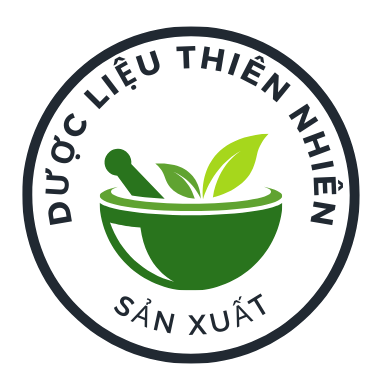The travel industry in 2025 stands at a crossroads of advancement and accountability. As global tourism rebounds to pre-pandemic levels, travelers and industry participants alike are steering a landscape transformed by eco-conscious mandates, technological advancements, and evolving traveler demands.
## Sustainable and Environmentally Aware Travel
The necessity for sustainability has become a foundation of modern travel. By 2025, the tourism sector is projected to generate 6.5 billion metric tons of greenhouse gases, necessitating immediate measures. Destinations like Costa Rica and Bhutan are leading this charge, with the latter maintaining its status as the world’s only climate-positive country through rigorous tourism limits.
Regenerative tourism models, such as New Zealand’s Māori-led green adventures, are building popularity. These projects reflect a broader shift: 73% of travelers now prioritize brands with robust sustainability practices.
## Tailoring and Personalized Adventures
High-end exploration in 2025 is synonymous with ultra-tailoring. Sophisticated tourists seek life-changing trips tailored to their unique interests. Providers like LuxGroup emphasize “ethical luxury,” combining indulgence with traditional engagement.
Machine learning is reshaping trip planning, enabling dynamic itineraries that adjust to real-time preferences. This trend matches findings that 64% of luxury travelers prefer customized deals over standardized options.
## Combating Overtourism Through Innovation
Overtourism remains a critical challenge, prompting travelers to seek “destination dupes” and non-peak period trips. Cities like Ljubljana are reducing congestion through vehicle-restricted areas and bike pathways.
Authorities are intervening; Amsterdam and Majorca have enacted guest ceilings and etiquette standards to preserve local ecosystems.
## Technology’s Role in Frictionless Travel
AI’s influence reaches beyond personalization into business productivity. Virtual assistants handle 24/7 customer inquiries, while predictive analytics optimize flight schedules and hotel pricing. VR technology previews allow travelers to “sample” destinations before booking.
Mobile platforms like Seven Corners streamline trip management, offering live information on weather, crowds, and transportation delays. Cryptographic recordkeeping enhances clarity in carbon offset programs.
## Extended Visits and Local Integration
The era of rushed itineraries is waning. Luxury travelers are typically taking two-week stays to intensify cultural connections. Families are increasingly embracing “work trips,” blending remote work with lengthy residencies.
## Occasion-Focused Travel and Novel Experiences
“Concert traveling” has skyrocketed, with fans crisscrossing globes for major events. Celestial tourism—exemplified by constellation viewing in Chile’s Atacama Desert—reflects increasing demand in celestial phenomena.
## Wellness and Digital Detox
Health-focused travel is evolving beyond spa retreats to encompass comprehensive wellness. Digital detoxes combine yoga with organic cuisine, aligning with a 95% surge in demand for wellness-focused itineraries.
## Financial Approaches and Cost-Sensitive Travel
Travelers are leveraging loyalty programs and packaged deals to enhance benefits. Banking incentives are being deliberately exchanged for upgrades, reflecting a shift toward “calculated opulence”.
## Final Analysis
The travel landscape of 2025 is defined by its dual nature: a yearning for exploration tempered by moral responsibility. As destinations balance advancement with preservation, stakeholders can ensure tourism remains a bridge—not a barrier—to a more integrated and ethical world.
